Psychotherapy Networker Symposium by Bessel Van der Kolk & Daniel J. Siegel
$59.99 $17.00
Psychotherapy Networker Symposium by Bessel Van der Kolk & Daniel J. Siegel
**More information:
Get Psychotherapy Networker Symposium at Salaedu.com
Description
Features three addresses on critical questions shaping psychotherapy’s future. You’ll get a high energy snapshot of the latest developments in three critical frontiers of psychotherapy–trauma treatment, love research, and brain science–in back-to-back, 20-minute presentations from leaders in the field. Dive into workshops with any one of these presenters, getting not only the buzz of brief talks and varied perspectives, but also the spontaneity and robust learning that comes with continued conversation.
Bessel van der Kolk, M.D.: The Frontiers of Trauma Treatment
In this Future View Address, van der Kolk will explore the most recent treatment advances in using yoga and somatic practices to help trauma survivors transform their disconnected relationship with their bodies and learn to feel safe, powerful, and effective.
One of the world’s leading experts on trauma, Bessel van der Kolk has pioneered the study of an eclectic group of body-mind approaches—including yoga, mindfulness, EMDR, neurofeedback, sensorimotor therapy, martial arts, and theater—to help trauma survivors live fully in the present, rather than stay trapped in the past.
A past president of International Society for Traumatic Stress Studies and professor of psychiatry at Boston University Medical School, he’s the author of Psychological Trauma, the first integrative text on trauma, and editor of Traumatic Stress: The Effects of Overwhelming Experience on Mind, Body, and Society. His latest book, The Body Keeps the Score, will be published by Viking Press in early 2014.
Barbara Frederickson, Ph.D.: What if Everything You Know about Love Is Wrong?
In this Future View Address, Fredrickson will discuss the implications of her findings about love as well as practical, straightforward ways for bringing these insights into psychotherapy.
University of North Carolina psychology professor Barbara Fredrickson is a leader in researching the impact of positive emotion in transforming our mind, body, and ability to bounce back from hard times. Her national bestseller Positivity documented the evidence showing how positive emotions enhance creativity, inventiveness, and big-picture perceptual focus.
Her new book, Love 2.0: How Our Supreme Emotion Affects Everything We Feel, Think, Do, and Become, challenges our limiting notions of love as defined by romance and marriage. The premise of her book is that even the most fleeting everyday moments of positive emotion set off a chain reaction of biological events that can have a critical impact on our overall emotional and physical health.
Daniel Siegel, M.D.: Brainstorm: Lessons Adults Can Learn from the Teenage Brain
In this Future View Address, Siegel will challenge many of the myths commonly held about the teenage brain and highlight how understanding it can make all of us more creative and self-aware.
Over the past two decades, Daniel Siegel has devoted himself to making the complexities of neuroscience mainstream in the therapy community, creating the synergistic discipline of interpersonal neurobiology, and weaving together into one system the interlocking influences of brain science, childhood development, attachment theory, traditional spiritual practices, and psychology.
His influential books—including The Developing Mind, The Whole Brain Child, Parenting from the Inside Out, The Mindful Brain, The Mindful Therapist, Mindsight, and Brainstorm—show how understanding the complex interactions of mind, body, relationship, and social structures can illuminate everything from childrearing and education to our capacities to tackle the global issues that challenge our very survival.
More information about Medical:
Medicine is the science and practice of establishing the diagnosis, prognosis, treatment, and prevention of disease.
Medicine encompasses a variety of health care practices evolved to maintain and restore health by the prevention and treatment of illness.
Contemporary medicine applies biomedical sciences, biomedical research, genetics, and medical technology to diagnose, treat, and prevent injury and disease,
typically through pharmaceuticals or surgery, but also through therapies as diverse as psychotherapy, external splints and traction, medical devices, biologics, and ionizing radiation, amongst others.
Medicine has been around for thousands of years, during most of which it was an art (an area of skill and knowledge) frequently having connections to the religious and
philosophical beliefs of local culture. For example, a medicine man would apply herbs and say prayers for healing, or an ancient philosopher and physician would apply bloodletting according to the theories of humorism.
In recent centuries, since the advent of modern science, most medicine has become a combination of art and science (both basic and applied, under the umbrella of medical science).
While stitching technique for sutures is an art learned through practice, the knowledge of what happens at the cellular and molecular level in the tissues being stitched arises through science.
1 review for Psychotherapy Networker Symposium by Bessel Van der Kolk & Daniel J. Siegel
Add a review Cancel reply
Related products
HEALTH - FITNESS - LIFESTYLE - MEDICAL
HEALTH - FITNESS - LIFESTYLE - MEDICAL
HEALTH - FITNESS - LIFESTYLE - MEDICAL
HEALTH - FITNESS - LIFESTYLE - MEDICAL
HEALTH - FITNESS - LIFESTYLE - MEDICAL
HEALTH - FITNESS - LIFESTYLE - MEDICAL
HEALTH - FITNESS - LIFESTYLE - MEDICAL
HEALTH - FITNESS - LIFESTYLE - MEDICAL

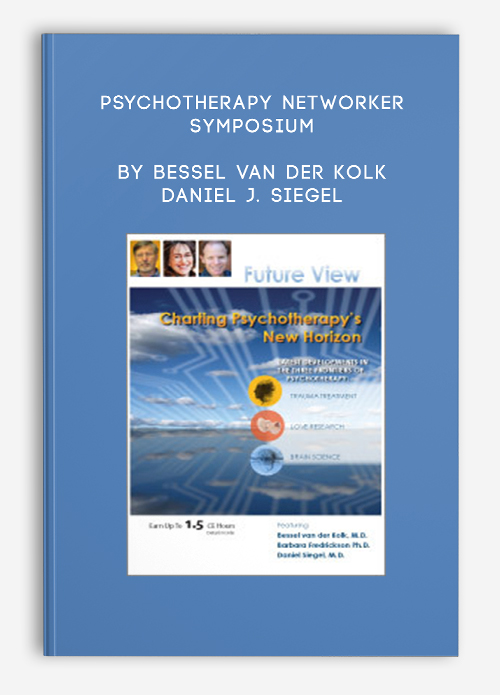
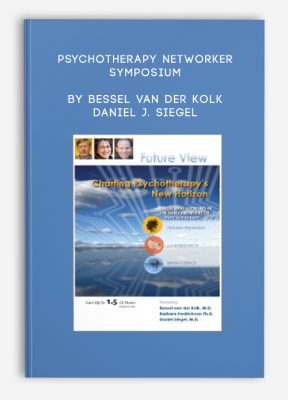
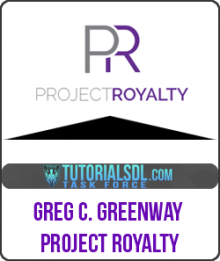
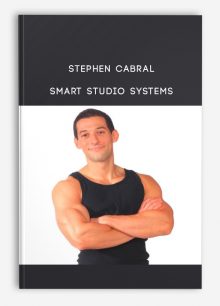
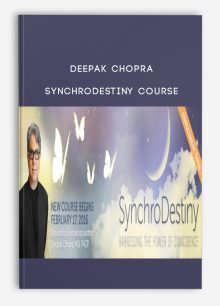
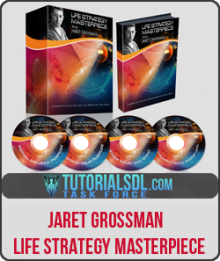
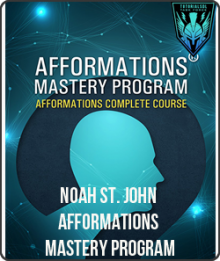
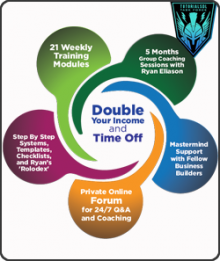
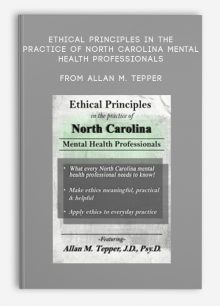
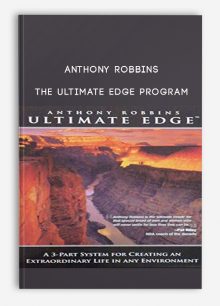
Trevis Trevis –
We create this shop with the mission: Bring the courses to 500 millions of people in the world, to help them awake their power and change their